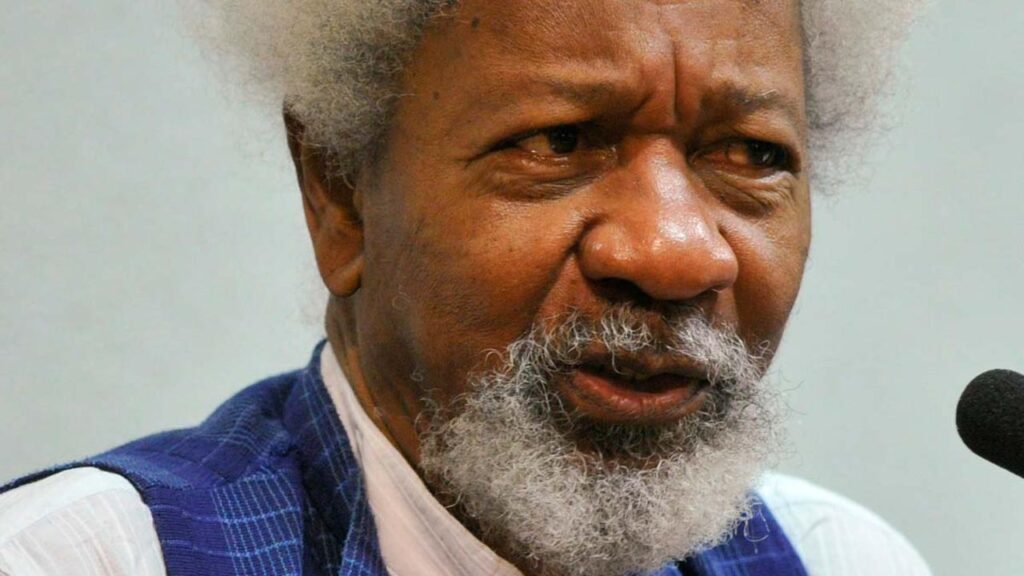
The Transmission Company of Nigeria (TCN)-managed grid went down at approximately 11:51am yesterday, reducing the system’s capacity from 2,407 megawatts to a mere 31MW by 12noon, and reaching zero by 1:00pm.
Despite the Federal Government privatising the sector over 11 years ago, the grid remains unreliable, failing consumers on more than 141 occasions.
Distribution companies are already alerting customers about the situation, even as the generation companies have repeatedly expressed concerns over the impact on the safety and durability of their equipment.
Kaduna Electric confirmed that the loss of bulk power supply left Kaduna, Sokoto, Zamfara and Kebbi states in darkness.
According to the system operator’s platform, all 20 power plants, except Ibom Power with 31 megawatts, were offline by 11:51am.
Former Director of Centre for Petroleum, Energy Economics and Law (CPEEL), University of Ibadan, Prof. Adeola Adenikinju, and Head of Electrical and Electronic Department, University of Ibadan, Dr. Oladayo Olakanmi, yesterday, decried the incessant grid collapse in the country, describing the development as unacceptable.
Speaking with The Guardian in Ibadan, in separate interviews, the two experts called on government to decentralise power supply to address the perennial problem.
Adenikinju said: “The grid collapses are unacceptable. Its cost is enormous and its implications are huge. The government should focus on how to mitigate the vulnerability. The government must start to implement some of the recommendations made to revive the sector. The sector must be decentralised to reduce vulnerability. It can be regionalised.”
On his part, Olakanmi, an Associate Professor of Energy and Power, said a single national grid could not serve the country effectively.
He noted: “The incessant grid collapse is very unfortunate. The way out is for government to decentralise generation, transmission and distribution of power supply.”
“Each region can have its power supply base. A single national grid is not good for the country. Taking Oyo State as an example, there is no local government that doesn’t have waterworks. That can be used to generate power if the national grid is decentralised.
“Government is not sincere with the Electricity Act, signed recently, because it did not provide the framework for its workability.
“Government should also look at alternative sources like solar and others.”
Besides, Nigerians have deplored the persistent outage nationwide.
On a post on his X handle, Odu Obodumu noted that amid privasation of the sector, power supply has not significantly improved.
Also, Oyetunji Olunloyo said the minister should consider the need for Nigeria to progress, instead of offering
excuses.
Eazi Flo said: “Please negotiate 30,000MW gas turbine power generation deal with Chinese banks. Nigeria can pay 15 per cent upfront, cost is going up, industry and population are growing, while most of our generation capacity is old and redundant.”
Electricity market analyst, Lanre Elatuyi told The Guardian that the recent power supply shortage is attributable to constraints in gas availability and underlying challenges within Nigerian Electricity Supply Industry (NESI), including absence of firm contracts and severe financial instability.
Elatuyi mentioned that power generation companies are owed about N1.3 trillion, adding that these companies, in turn, have outstanding debts to their gas suppliers.
Due to these substantial financial obligations, several generation companies are unable to conduct maintenance on units.
He said: “If we don’t solve liquidity, issues will persist in MYTO 2024. The GenCos are exposed to market to the tune of about N1.67 trillion, and subsidy appropriation is only about N450 billion that is not even guaranteed. There is also issue of low energy offtake by the Discos due to commercial reasons.”
Elatuyi highlighted the need to redesign the market and establish credit policies in NESI, emphasising that electricity should be regarded as a commodity and managed accordingly.
Also, the Association of Meter Manufacturers of Nigeria (AMMON) has called on President Bola Tinubu to address the foreign exchange crisis, inflation and instability in the industry to check impending shortage and scarcity.
In a statement, at the weekend, the association charged government to liberalise prices.













